6. Anti-Unknowns
Video
Understanding Your Pet Earthling
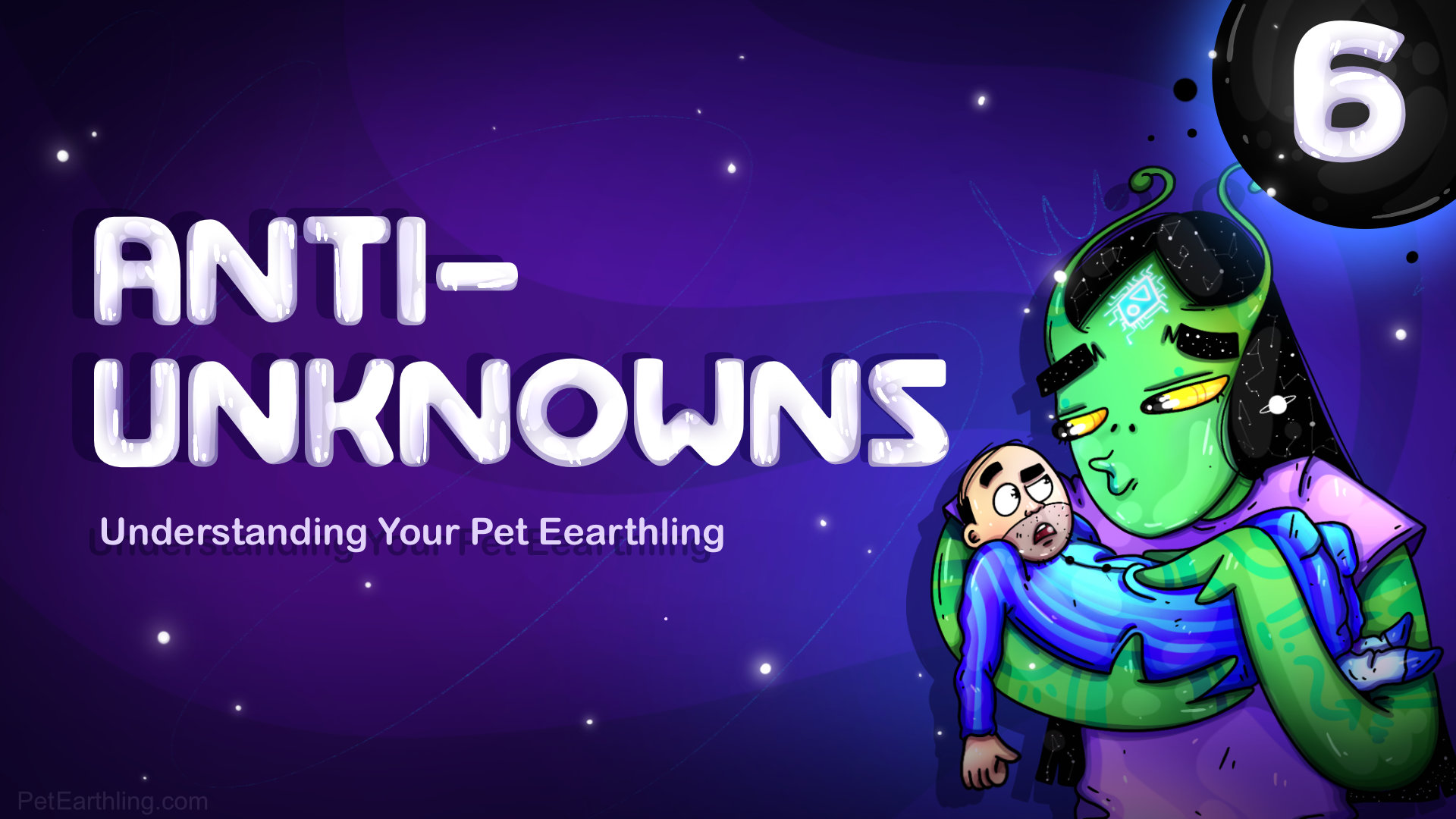
Earthlings have
a unique cognitive
allergy to the unknown.
When presented with
random uncorrelated events,
the earthling mind reacts with
feelings of anxiety and powerlessness.
a unique cognitive
allergy to the unknown.
When presented with
random uncorrelated events,
the earthling mind reacts with
feelings of anxiety and powerlessness.

But earthlings have evolved a
natural defense: their brain
cells start to produce
complex chains of
cause and effect —
theories to fill
in the gaps of
what they do
not under-
stand.
natural defense: their brain
cells start to produce
complex chains of
cause and effect —
theories to fill
in the gaps of
what they do
not under-
stand.
That in turn
metabolizes
the chaos and
uncertainty into
simple, predictable
explanations.
metabolizes
the chaos and
uncertainty into
simple, predictable
explanations.

For example, when earthlings’
bodies start turning plump
and spherical, they cannot
comprehend the causes of
the bio-quantum fat matter.
bodies start turning plump
and spherical, they cannot
comprehend the causes of
the bio-quantum fat matter.
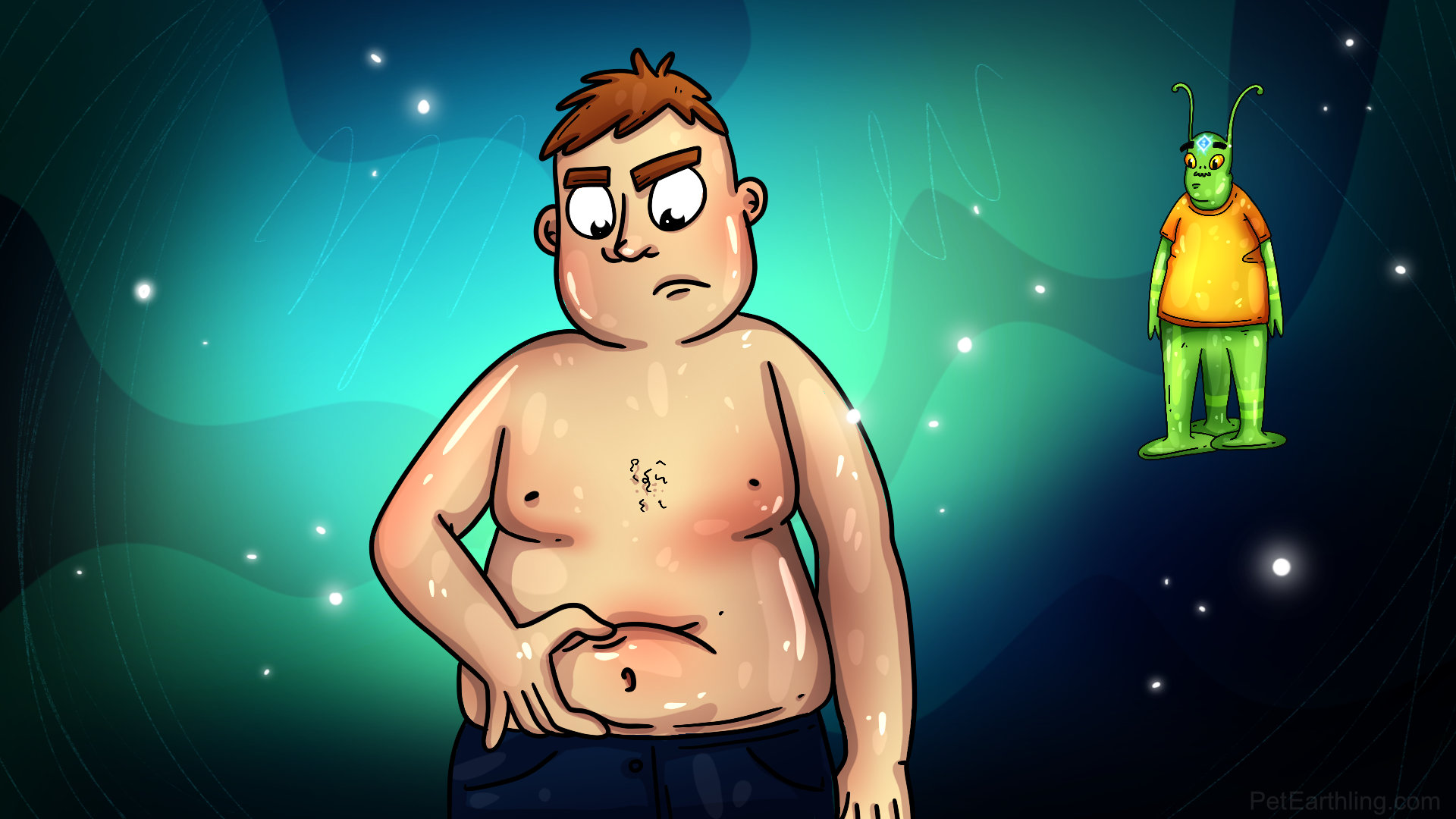
So instead earthlings decide that one
simple change to their diet will deflate their
body back to its cylindrical shape.
simple change to their diet will deflate their
body back to its cylindrical shape.
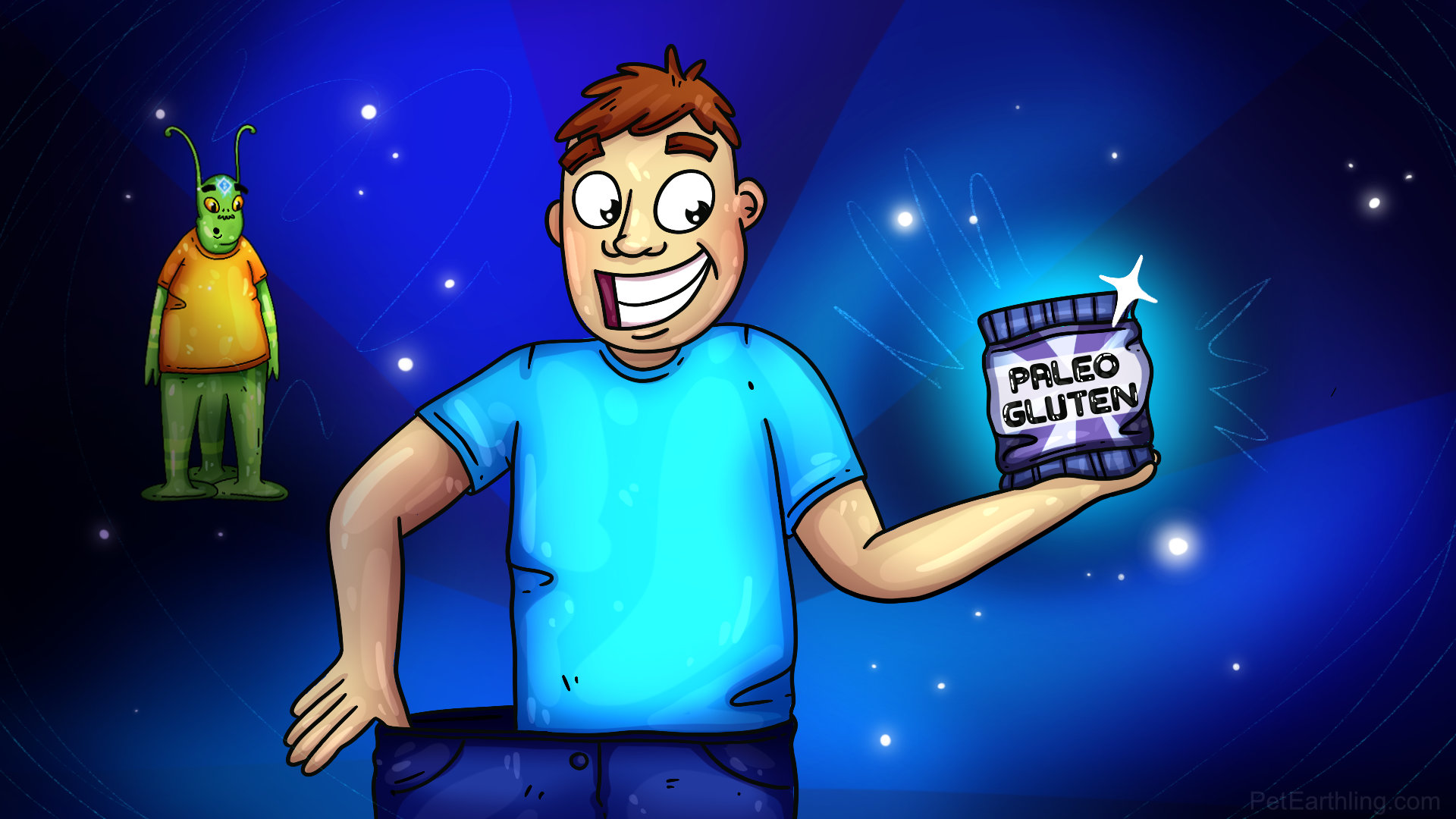
Or when they get sick,
healing naturally seems
impossible to earthlings,
so they decide that
drinking hot chicken
juice will heal them faster,
despite the complete
lack of evidence.
healing naturally seems
impossible to earthlings,
so they decide that
drinking hot chicken
juice will heal them faster,
despite the complete
lack of evidence.
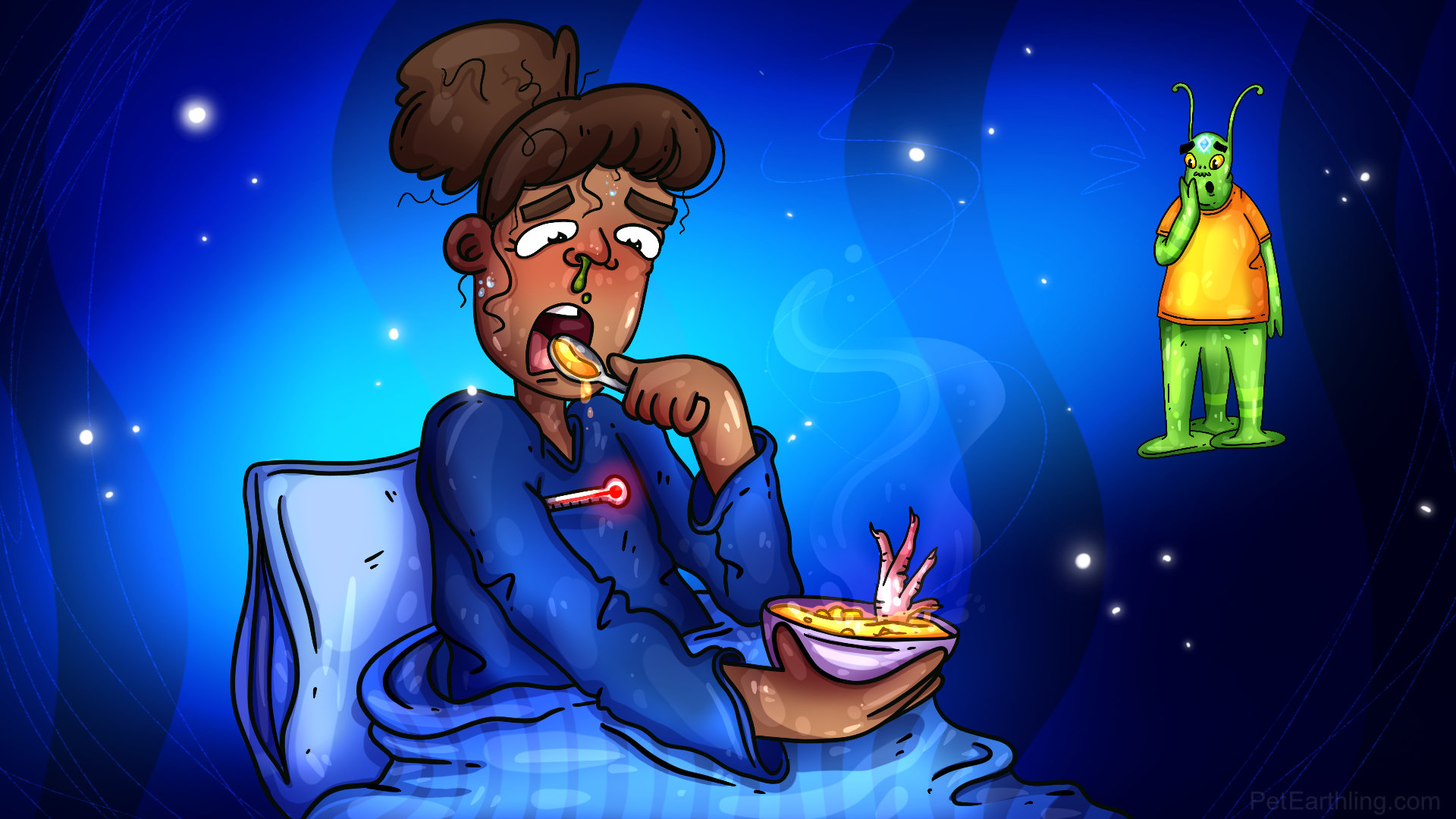
And when faced with any complex political problem, earthlings decide
the simple solution is to lower taxes. Or raise them.
the simple solution is to lower taxes. Or raise them.

Earthlings have not yet discovered that we blorxians
domesticated their species some 6000 orbits ago.
So when they try to understand where they came from,
domesticated their species some 6000 orbits ago.
So when they try to understand where they came from,
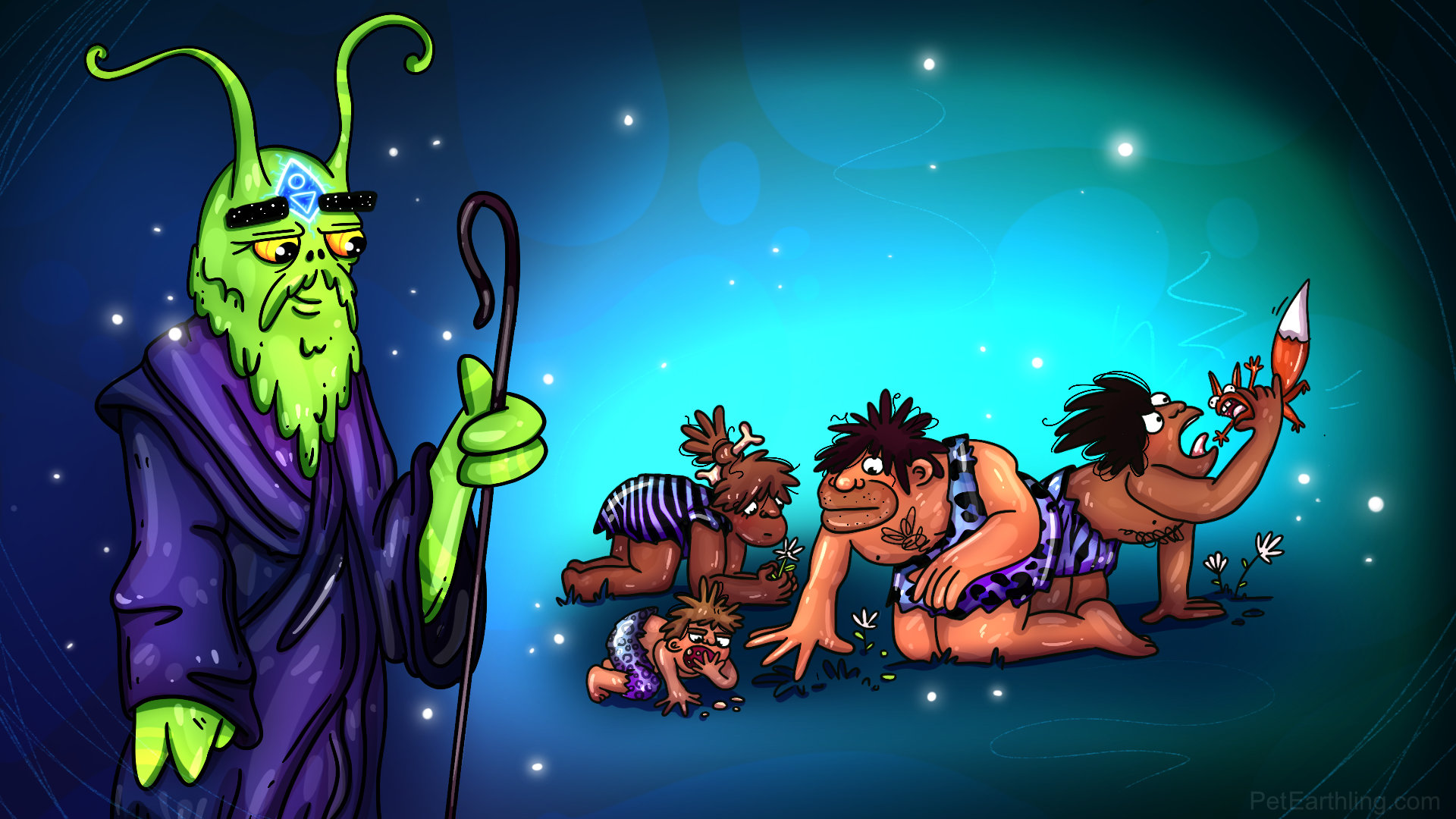
many earthlings decide they were created by
an invisible bearded man on a cloud who
was feeling craftsy one week.
an invisible bearded man on a cloud who
was feeling craftsy one week.
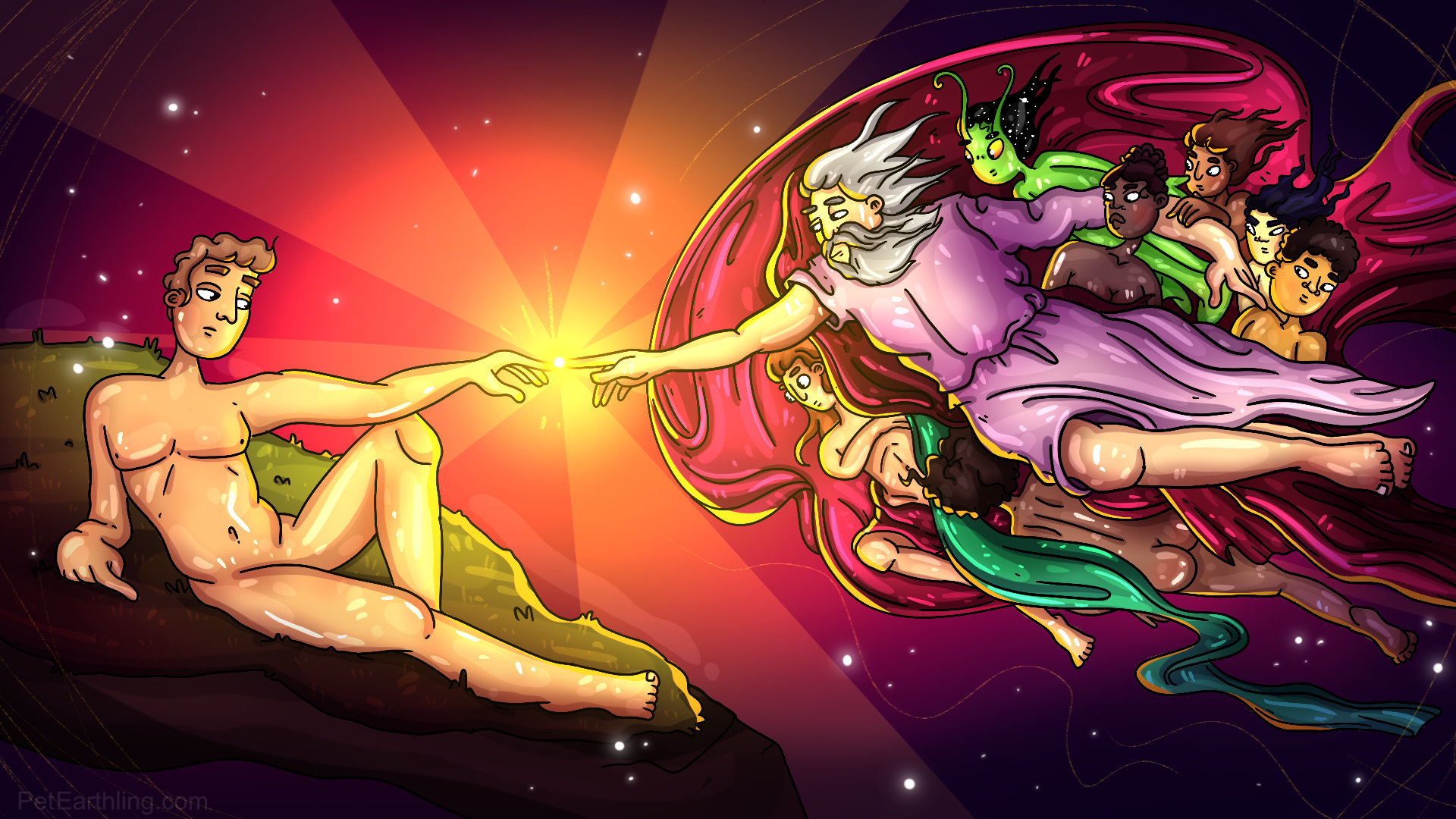
Earthlings have such a strong
instinct to eliminate the unknown,
that they think they can control
the future with their minds.
instinct to eliminate the unknown,
that they think they can control
the future with their minds.
For example, many believe they can
help their favorite sports ball team win
if they wear an unwashed jersey, or by
pleading to the invisible bearded man.
help their favorite sports ball team win
if they wear an unwashed jersey, or by
pleading to the invisible bearded man.

And your pet earthing may
believe if they simply wish hard
enough that they won’t get
neutered.
believe if they simply wish hard
enough that they won’t get
neutered.
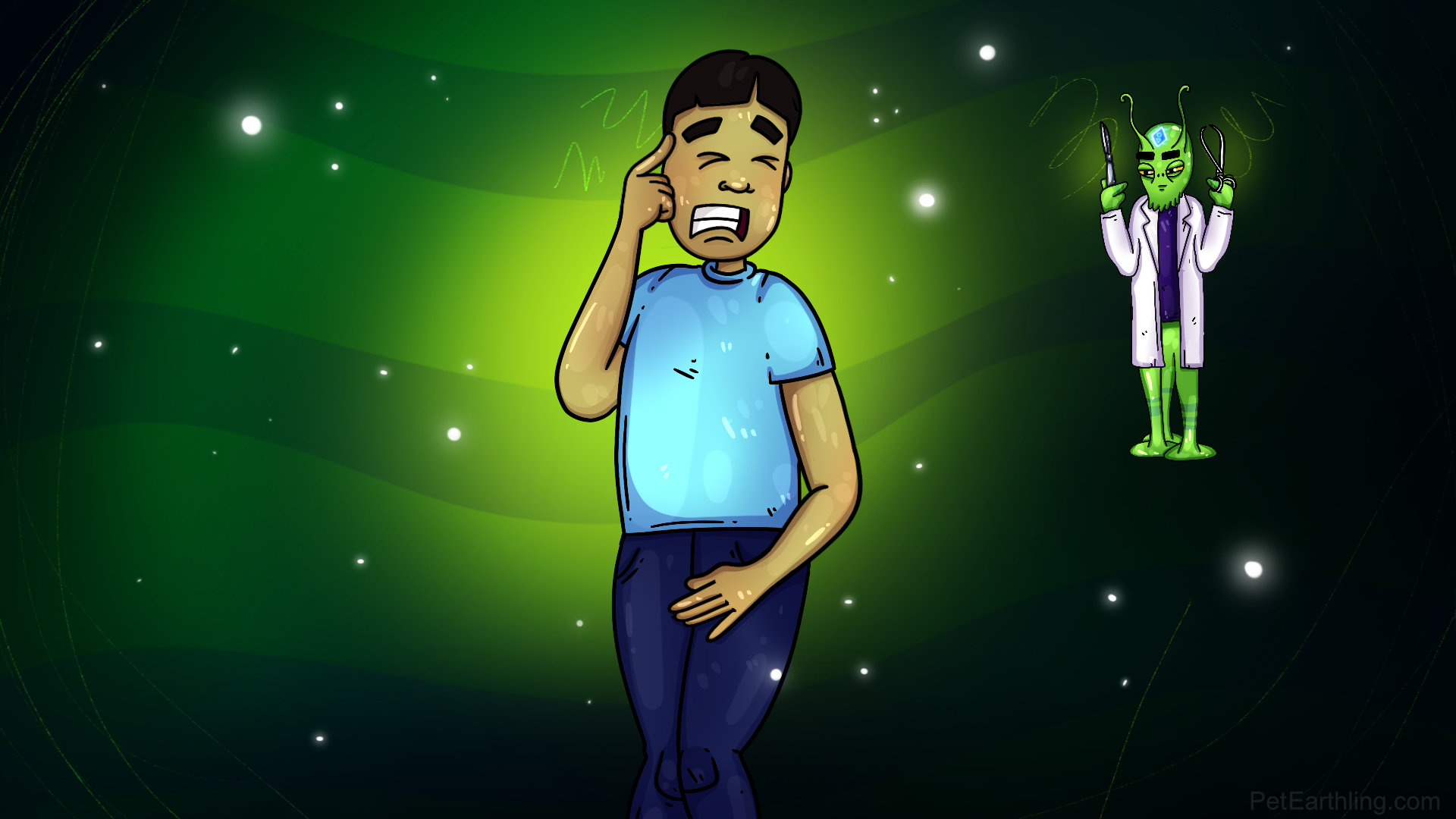
Even much of an earthling’s self-awareness is fabricated.
If you ask them why they
like a certain movie,
song, or clothing,
rather than admit to
themselves that they
do not know,
earthlings tell
themselves
arbitrary
reasons that
are amusingly
inconsistent with
their other
beliefs.
If you ask them why they
like a certain movie,
song, or clothing,
rather than admit to
themselves that they
do not know,
earthlings tell
themselves
arbitrary
reasons that
are amusingly
inconsistent with
their other
beliefs.
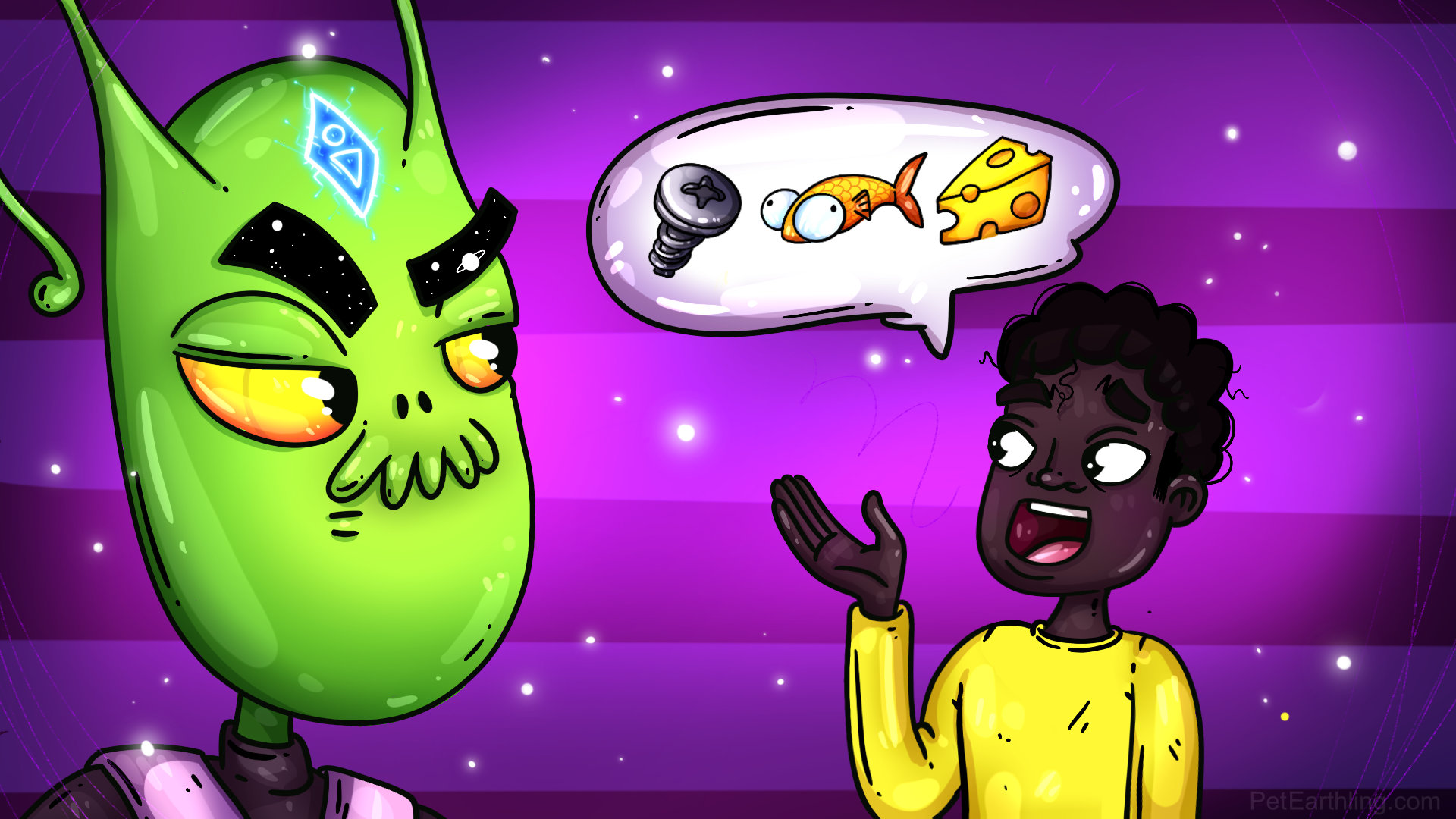
And if the earthling mind
is unable to construct
an explanation for
anything, it
solves this
is unable to construct
an explanation for
anything, it
solves this
by blacking out the
unknown to erase it from their
consciousness. That is, earthlings do
not want to know what they do not know.
unknown to erase it from their
consciousness. That is, earthlings do
not want to know what they do not know.
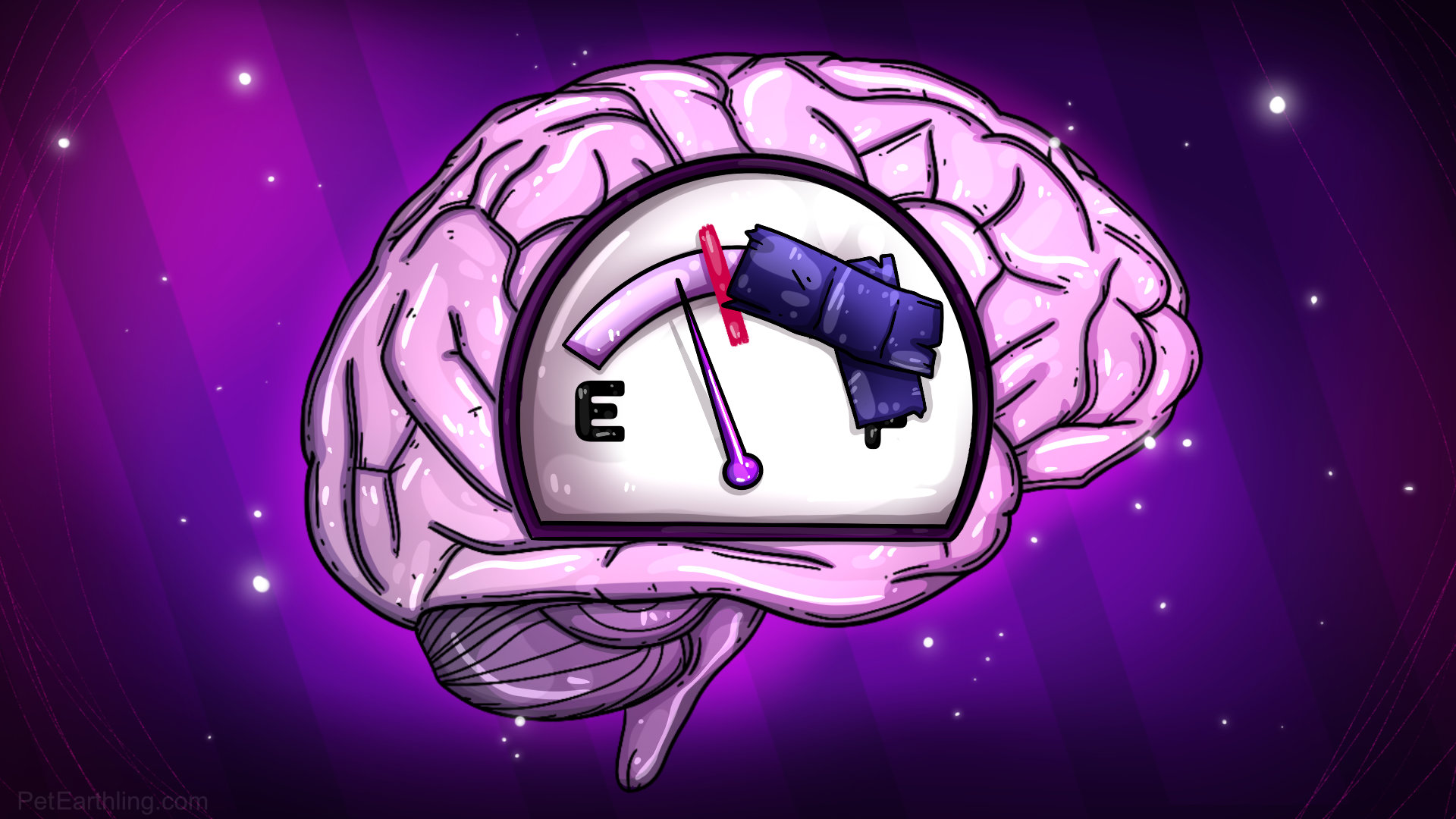
So to protect your precious
earthling from cognitive
allergies, be sure there are
no harmful unknowns in
their mental diet.
earthling from cognitive
allergies, be sure there are
no harmful unknowns in
their mental diet.
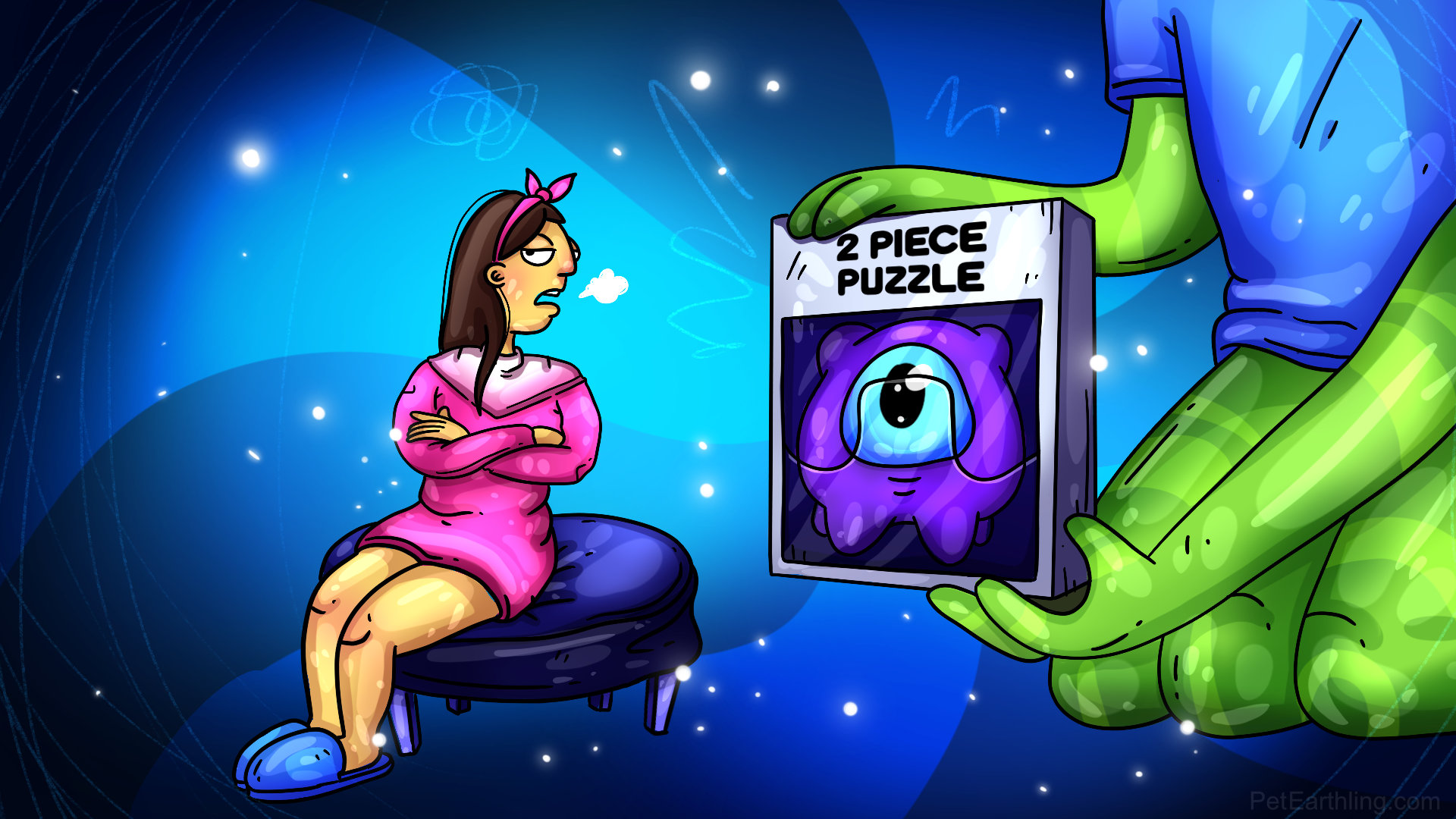
Next Chapter
Comment
Next Chapter
Comment
© 2021 Hans Ness
What is everything made of? Earth, water, fire, air.
What causes disease? An imbalance of blood, phlegm, yellow bile, and black bile.
How was the world created? In a shining egg, the first woman and man dreamed that God was dreaming them (Makiritare). The gods sacrificed a millipeded milliheaded man and churned him into primordial butter (Hindu). Buddha shot a golden frog with an arrow, causing it to burp fire and pee water (Mongol). A god thrust his seed into the primal ooze (Japan). The big man was feeling craftsy for six days (The Big Three: Judaism, Christianity, Islam).
Even for everyday questions, the answer “I don’t know” is just so frustratingly unsatisfying:
What was that noise?
Why am I sick?
Why is the economy tanking?
“When presented with random uncorrelated events, the earthling mind [produces] theories to fill in the gaps.”
If you found yourself trying to find the hidden meaning in the symbols on page 2, that is exactly what Dr. Zorxablorg and I are talking about. The symbols were connected randomly.
“For example, when earthlings’ bodies start turning plump and spherical, they cannot comprehend the causes of the bio-quantum fat matter.”
People have been talking non-stop about diets for centuries! Past old whacky diets included eating cotton balls, sleeping more, no sex, washing fat away with soap, chew-and-spit, more alcohol, cigarettes, and tapeworms! While we have more scientific knowledge now, even our modern diets still fail most of the time. I’m tempted to invent something new and random, like “The P Diet”, where you must avoid foods beginning with P, like pizza, pie, pork, potatoes, etc., except peas (ironically), and it would probably have the same success rate as other diets.
“And when faced with any complex political problem, earthlings decide the simple solution is to lower taxes. Or raise them.”
Real life is complicated and full of tradeoffs. But would you vote for a politician who says, “I don’t know what the solution is”? Of course not! How about, “With great sacrifice and much time, we can make a small difference!” Meh. Through a sort of social evolution, we are breeding politicians who have an easy answer for everything.
“Earthlings have such a strong instinct to eliminate the unknown, that they think they can control the future with their minds.”
We already talked about Wishful Thinking last chapter. The future is always an unknown, so wishful thinking applies here too: the power to reduce future unknowns through wishing, prayer, and superstitious rituals.
“If you ask they why they like a certain movie, song, or clothing, rather than admit to themselves that they do not know, earthlings tell themselves arbitrary reasons that are amusingly inconsistent with their other beliefs.”
Our emotional feelings of liking and disliking come from a different part of brain than where we do conscious analysis. We are aware of our feelings, but the reasons are not conscious, so the other part of our brain constructs an analysis to retro-justify why we like/dislike something. Research shows that if you ask someone to explain why they like something, this often changes their preferences to become less consistent. If you dislike a movie, you might point out it was full of plot holes, even if your favorite movies have just as many plot holes.
Some specialists can learn to blend objective reasons with subjective tastes more consistently, like movie critics, fashion designers, musicians, artists, food critics, etc. But obviously this is quite limited, because these experts still hotly disagree with each other, and often disagree with their past or future selves.
“And if the earthling mind is unable to construct an explanation for anything, it solves this by blacking out the unknown to erase it from their consciousness. That is, earthlings do not want to know what they do not know.”
The Dunning–Kruger Effect shows us that when people are starting to learn something, they don’t know how much more there is to know, so they think they are closer to the top than they really are. So if you want to feel like an expert, just declare there is nothing else to learn. Teenagers are masters at this.
Please comment to help me refine/expand this draft.